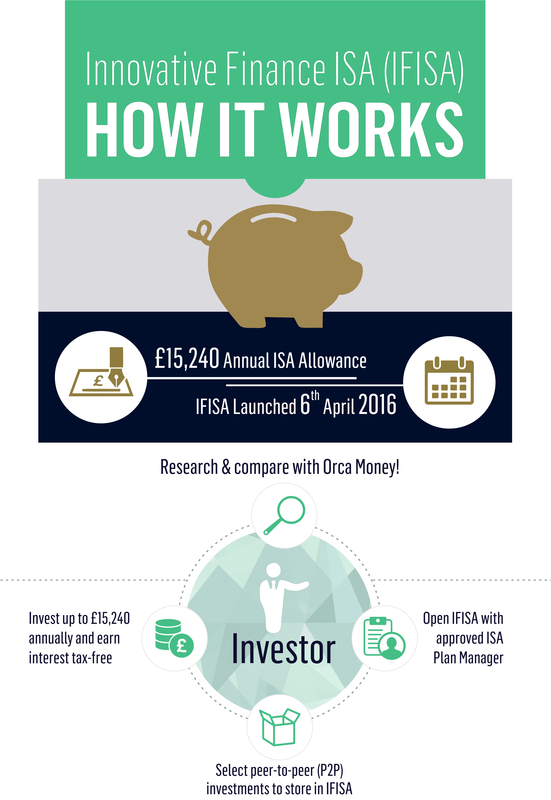
[Check out Peter's LinkedIN profile and twitter @p_ohalloran]
June 23rd 2016 may yet prove to be a seminal date in the history of European Fintech. On that date a non-binding referendum, colloquially known as "Brexit", in the United Kingdom supported leaving the European Union. If the United Kingdom invoke Article 50 of the Lisbon Treaty they are entitled to leave the European Union in an as yet to be determined time period.
The notion of the European Union has been been around for almost 6 centuries. George of Poděbrady is credited with its conception in 1464 during his reign as King of Bohemia (predecessor of modern day Czech Republic) when he outlined his vision to establish common European institutions and supranational insignia. The European Union as an entity was established on January 1st 1958 and from a commercial standpoint, its key benefits are access to the European Single Market for Goods & Services, with 500 million internal consumers and a vast talent pool of human resources.
What does this mean for the Future of European Fintech?
In 2015 the United Kingdom Fintech sector generated £6.6 billion in revenues and attracted roughly £524 million in investment, according to EY (1). If Brexit becomes a reality, London will face the very real prospect of losing its title as global capital of Fintech and the UK exchequer will be negatively impacted. Commerce thrives in times of stability and certainty and their current conspicuous absence in the UK is already impacting service provider confidence as evidenced by the UK Flash Services PMI activity Index fall from 47.4 in July from 52.3 in June, marking an 88-month low (2).
PwC released a Global Economy Watch report in July 2016 which included a financial services attractiveness indicator ranking all European financial centres (3). The current top 5 ranking in order is London, Dublin, Luxembourg, Paris & Vienna. The report highlights the threat of Brexit to London’s position due to the importance of passporting of financial services across the Single Market. The ranking of a hub city in terms of financial services attractiveness is important for Fintech but equally important is the attractiveness of the tech startup ecosystem. London also holds this title in the EU for non-EU companies wishing to access the Single Market and this is now also under threat from Brexit. Quartz have highlighted Dublin, Berlin, Amsterdam and Stockholm as hubs which have already announced their pretensions to the throne (4). These hubs have considerable demonstrable success in the Fintech startup arena and crucially will retain access to the vast talent pool of people across the EU which is vital to scale startups quickly and something London & indeed the UK as a whole will potentially lose. The Brexit vote threatens the UK’s hegemonic status and is akin to a modern day economic equivalent of the Berlin Conference of 1884-85 at which the terms of the Scramble for Africa were agreed.
An Irish perspective
There is a certain chronological symmetry to the Brexit vote happening in the year of Ireland’s centenary celebration of the 1916 rising. It evokes the memory of W.B. Yeats’ poem Easter, 1916, “All changed, changed utterly: A terrible beauty is born”. Brexit feels like that, an accidental consequence of a political strategy which creates threat and opportunity in equal measure.
In June 2016 the Dublin Commissioner for startups, Niamh Bushnell, issued a press release with the headline “Thanks to Brexit”. The Irish Development Agency’s (IDA) Chief Executive Officer Martin Shanahan said "While not what we had hoped for – the situation may present opportunity for Ireland in attracting Foreign Direct Investment (FDI). Ireland will remain a member of the European Union with full market access and that will be attractive to investors." There is no doubt that based on Ireland’s attractiveness for financial services and startups it is well placed to capitalise but the extent of the opportunity is unclear because Brexit still has not happened.
In Conclusion
It is interesting to note that in July 2016, MarketInvoice a London based peer-to-peer small business financing platform raised £7.2 million in Series B funding from a Polish private equity company, MCI. On July 21st 2016 Mastercard acquired 92.4% of London based Vocalink Holdings Ltd., the payments processor, for $920 million. These transactions and a number of others show that despite current uncertainty, appetite for UK Fintech remains strong. It remains to be seen whether the UK and indeed London will retain their positions at the forefront of European Fintech or if they will mirror the fate of David Cameron who succinctly reflected upon his new situation in saying "I was the future, once".
(1). FT.com - “London’s booming fintech market under threat from Brexit vote”.
(2). IBTIMES.co.uk - “Brexit recession looms as UK economic indicators flash red”.
(3). PWC.com - “Global Economy Watch - July /August 2016”.
(4). QZ.com - “After Brexit, the race is on to replace London as Europe’s startup capital”.
Author: Peter O'Halloran, Fintech Ireland Collaborator, @p_ohalloran, https://ie.linkedin.com/in/peterohalloran



